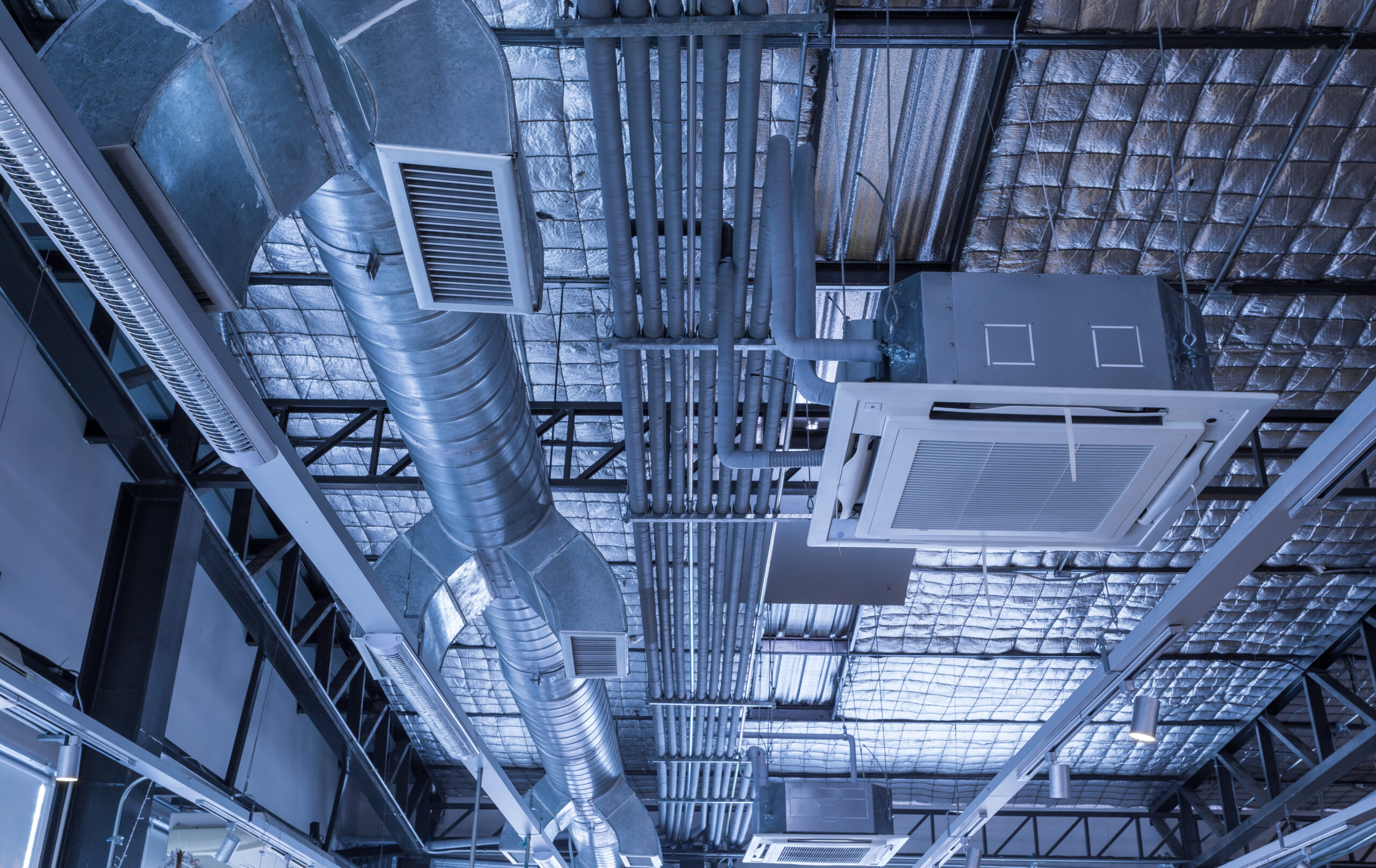
Fire and safety in HVAC
June 6, 2016
What Is an HVAC System?
June 6, 2016Buying a new HVAC system is one of the most important purchases you can make for your home. Consumer Reports indicates that more than 75% of U.S. homes use air conditioning, and 90% of new homes are equipped with central air. An efficient HVAC system offers a comfortable environment in which to work, relax and enjoy your home.
Gathering all the correct information about HVAC systems can be intimidating. With the volume of information available online, it is natural to feel overwhelmed and confused about HVAC systems.
To help, we’ve built a guide for buying HVAC systems so you make an informed buying choice.



